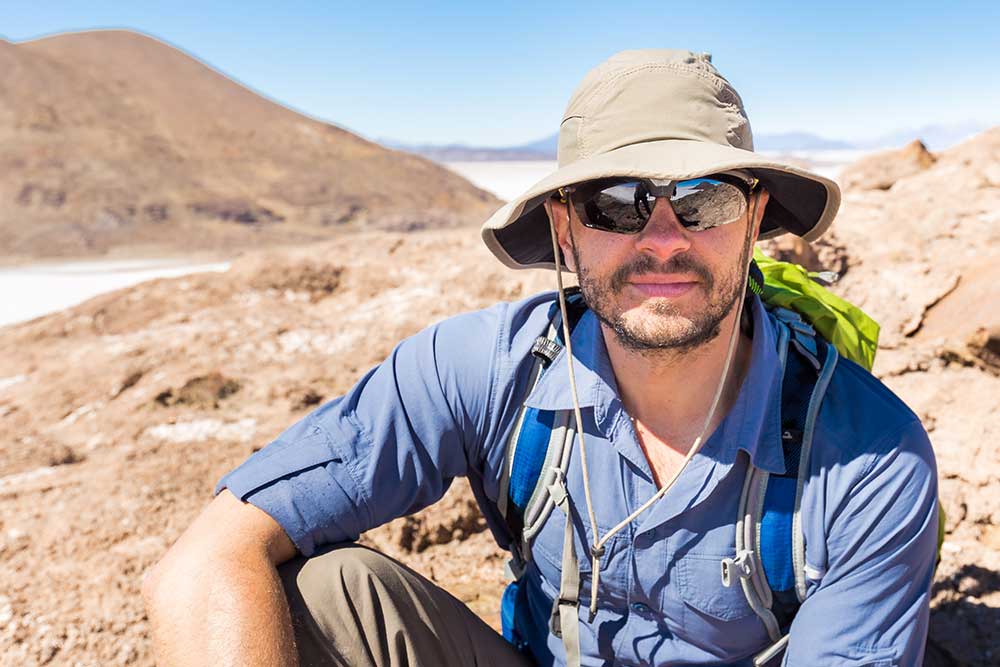All Categories
Featured
Table of Contents
Geophysicist Salary And Job Description 2023 in Carramar Oz 2020
This work is progressively contracted out, so consultancies provide another source of work. Consultancy firms vary in size, from extremely little companies to large multinationals. Some consultancies are quite specialised in utilizing particular geophysical methods or operating in particular areas, while others offer a more diverse variety of services to their clients.
The extraction of gas from landfill sites is another location of employment and this might grow in the future. Expedition companies might undertake work for construction companies, water business, mining business and ecological companies, so geophysicists may be employed in any of these settings. Other employers include: geological surveysgovernment bodies and agenciesuniversities and research study institutes.


Jobs might be listed in the oil and gas sector press. Recruitment is affected by oil cost changes and the level of competitors for positions differs depending upon this. Professions Days, which cover the complete series of geoscience careers and are typically participated in by a variety of essential market companies, are run by The Geological Society.
An Assessment Of Geophysical Survey Techniques For ... in Cottesloe Aus 2023
Some of the big oil and gas business use a complete two-year structured training programme across the breadth of geophysics, consisting of the opportunity to experience operate in numerous groups prior to specialising in one location. Your training might include work on: existing wellsmagnetic and gravitational potential field data analysisresearchrock analysis. It's more normal for your initial training to be supplied on the task.

There might be a probationary period during which you work alongside an experienced associate. Competency-based appraisals occur frequently in the majority of firms. In smaller sized firms, and for academic posts, there is not likely to be any formal training - you'll be expected to begin work straightaway and get abilities as you go along.
If you work for a smaller sized company, you may discover that you need to take duty for organizing and moneying your own development and training. If you have a geology degree, membership of The Geological Society can be useful for networking and for keeping up to date with the market.
What Does A Geophysicist Do: Duties And Responsibilities in Noranda Australia 2021
You may likewise find it useful to join the PESGB (The Petroleum Exploration Society of Great Britain, which has a geophysics unique interest group. After a probationary duration, and when you've gained some experience, you might advance to senior geophysicist, then group leader and then into a senior function in management.
The ease of movement between roles depends on the business structure. Research study at Masters or Ph, D level in a subject associated to geophysics or geosciences might aid with your career advancement and progression. The work market within the oil and gas market is really reliant on cost and this may affect your opportunities for career progression.
Not all tasks are reliant on the oil and gas industries. For skilled geophysicists, freelance consultancy provides an excellent path for career development. You can also specialise in a particular location of geophysics. As a geophysicist, you're likely to have a number of jobs throughout your working life. Worldwide movement is essential for handling peaks and troughs in various countries at different times.
Geophysical Survey And Remote Sensing Techniques in Sorrento Oz 2021
From geophysics, it's possible to concentrate on seismology (completing additional training to end up being a seismic interpreter) or to move into related areas such as engineering geology or hazard prediction.
Deciding what to study in college is a difficult choice. Even if you know that your field of interest lies in science, what program of study is ideal for you?
The very first action to achieving your goal of becoming a geophysicist is earning a degree. Even for entry-level positions in the field of geoscience, you'll need a bachelor's degree (a geophysicist college degree) from a recognized college or university. Geophysicists need to be able to: analyze rocks, photographs, and other pieces of information carry out research both in the field and in labs develop maps and charts of their findings compose reports To achieve all this, trainees need a specialized education for geophysicist professions.
As specified above, you'll require a bachelor's degree in geoscience or a related discipline, such as a physical science or a life sciences, to land an entry-level task. Students can likewise prepare by majoring in topics like: Biology Chemistry Computer science Engineering Mathematics Physics The above geophysicist majors use a more generalized method to a single clinical discipline, but many programs need trainees to take one or more geology course.
Latest Posts
Geophysical Survey In Archaeology in Neerabup Australia 2022
Geophysicists in Glen Forrest WA 2020
Geophysical Survey in Lockridge Oz 2023